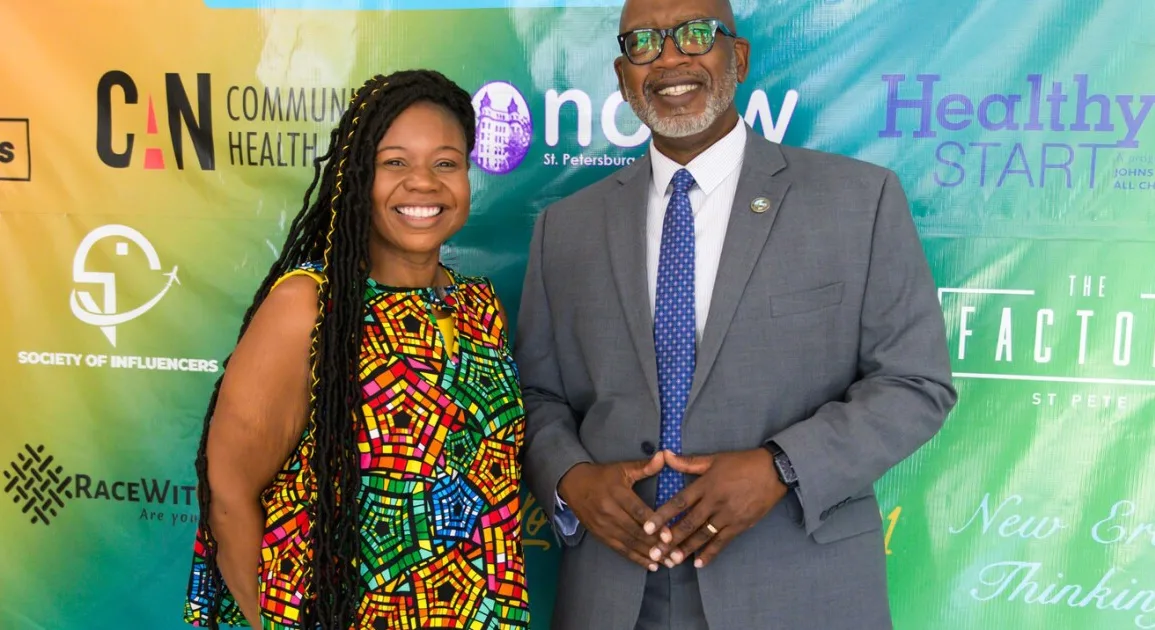A St. Petersburg nonprofit group will be creating “community one-stop shops” that take a different approach to social services.
The city is investing almost $8.6 million it received through the American Rescue Plan Act to start the Community Support Hubs. They will provide trauma-informed therapy, case management, community outreach — and additional services.
LaDonna Butler is founder of the Well for Life, picked by the Pinellas Community Foundation to design and implement the hubs, with Gulf Coast Jewish Family and Community Services and People Empowering and Restoring Communities as its co-collaborating partners.
Butler said the model involves listening to — and not assuming — what community members need.
“The impact is real-time, on-time, right-size services. I think leaning in and taking the model of listening to what community members need, and then providing that service in a way that allows them to experience the full dignity of themselves, that’s going to shift the way that clinical and social services are being provided over time.”
The announcement that The Well was leading the creation of the hubs came at the group’s Healing While Black Conference last week.
“In recognition of BIPOC (Black, Indigenous, People of Color) Mental Health Awareness Month, it’s critical that we empower those who intimately understand the community that we’re trying to positively impact,” said St. Petersburg Mayor Ken Welch in a news release.
“I’m excited to see the impact that Dr. LaDonna Butler and her team at The Well will make on St. Pete in the coming years. With Neighborhood Health and Safety as a major priority, St. Pete’s Community Support Hubs will be a key point of progress.”
Butler said the idea of the social series hubs being embedded in communities that need it most, led by individuals who have not only personal experience, but the educational and academic background to really provide the support, has really encouraged her.
“I am so proud of the boldness of the city … We believe those who have been impacted by a problem or our situation are closest to the solution. Those who are most harmed, and least helped know what they need, and we trust them.”
The hubs will be developed one by one, so the team can learn from the community along the way. The first one could launch later this year.
The hubs are scheduled for completion by 2026.


